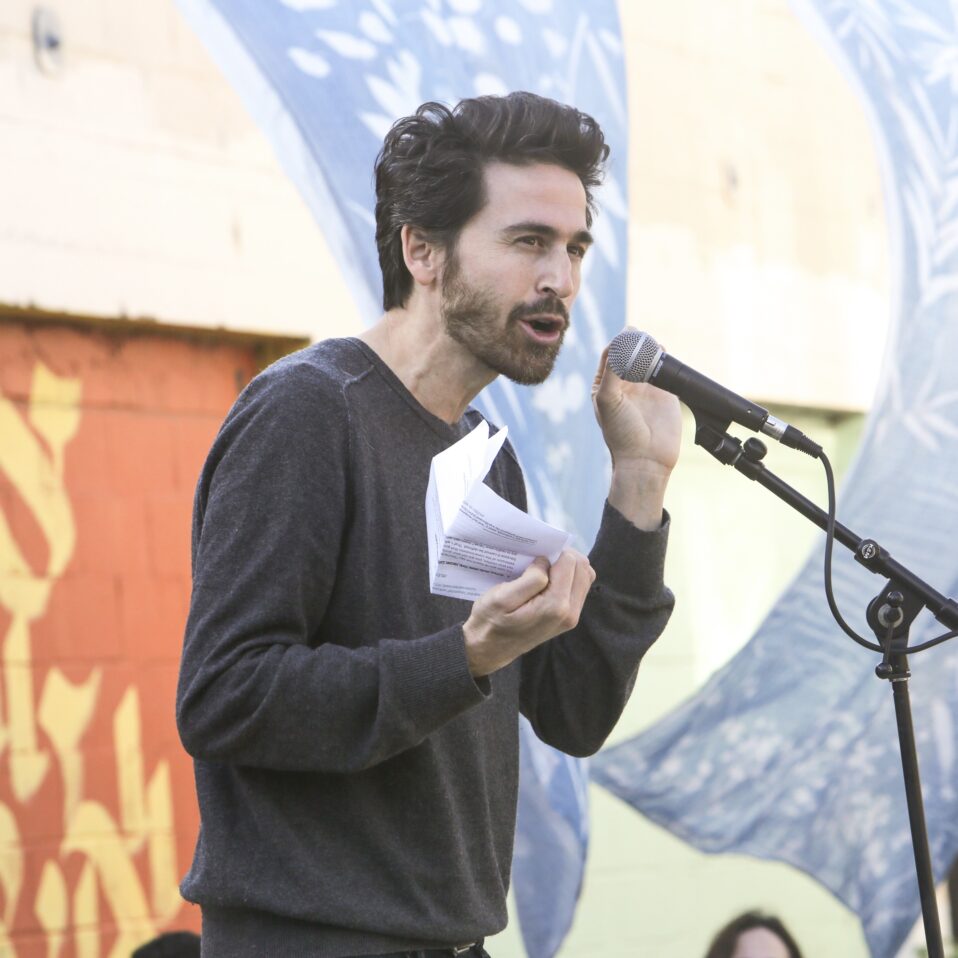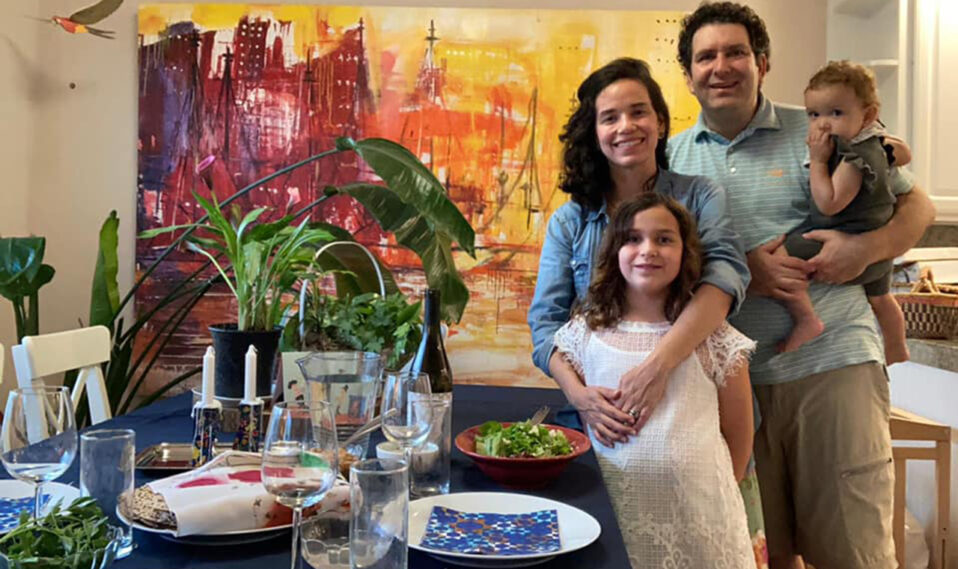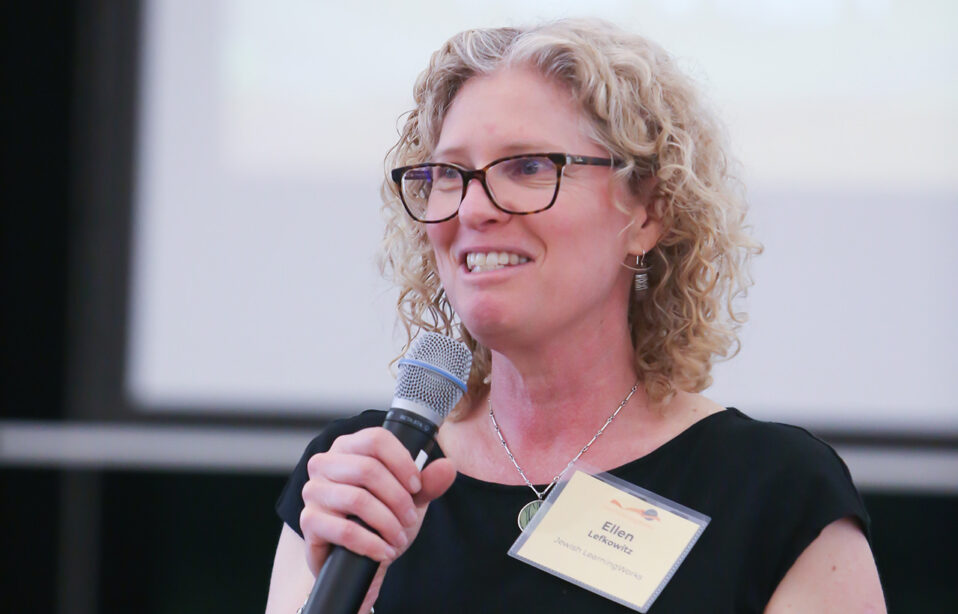Presented by Sam Shonkoff
Click here to register for this free in-person event at the Jewish Community Library, with free garage parking on Pierce between Ellis and Eddy.
Today’s so-called “psychedelic renaissance” is leading many brain scientists and policymakers to talk about mysticism. And yet these discussions tend to embrace simplistic paradigms of “religious experience” that scholars of religion rejected decades ago on both ethical and empirical grounds. In this talk, Sam Shonkoff will suggest that scholars in the field of psychedelic studies should pay far more attention to cultural variations, and especially to how different individuals and communities refract psychedelic experiences through their own particular prisms. He will present a case study from within Jewish culture: namely, the Neo-Hasidic movement, in which Jews who are not part of Hasidic communities draw upon Hasidism for purposes of spiritual or cultural renewal. With reference to understudied materials from the 1950s through the present day, including unpublished archival documents, Shonkoff will illuminate the kaleidoscopic interplay between Hasidic sources and psychedelic substances, shedding light on interpretive possibilities within both.
Sam Shonkoff is the Taube Family Assistant Professor of Jewish Studies at the Graduate Theological Union. His scholarship focuses on modern Jewish thought, primarily in German-Jewish, Hasidic, and neo-Hasidic contexts. He is the author of dozens of journal articles and book chapters, as well as the co-editor with Ariel Mayse of Hasidism: Writings on Devotion, Community and Life in the Modern World (Brandeis University Press, 2020) and the editor of Martin Buber: His Intellectual and Scholarly Legacy (Brill, 2018). Shonkoff’s current book project investigates Buber’s interpretations of Hasidic sources. He is affiliated with the UC Berkeley Center for the Science of Psychedelics, taught previously at Oberlin College, and holds a PhD from the University of Chicago Divinity School.
Co-presented by Afikomen Judaica.
Co-sponsored by Shefa.




